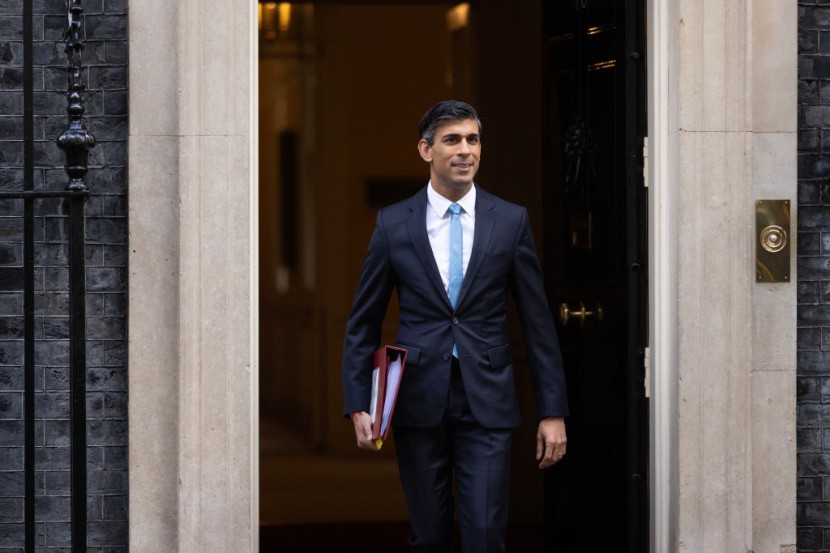
Newly-elected British Prime Minister Rishi Sunak, despite expressing his willingness to engage in open dialogue with President Xi Jinping, said that the "golden era" of UK-China relations has ended.
Sunak made the remarks on Monday while carefully opening the door to further discussions with the Asian leader. It was the prime minister's first speech on foreign policy since being elected and comes amid rising tensions between the West and Beijing.
UK-China Relations
But on Monday evening, Sunak, while speaking in London, added that it would be unwise to simply "ignore China's significance in world affairs." Furthermore, the British prime minister said that the UK and its allies' approach to Beijing had to center around diplomacy and engagement.
Sunak also said that the UK would be "standing up to our competitors, not with grand rhetoric but with robust pragmatism." His remarks were seen as a swipe for his predecessor, former prime minister Liz Truss' hardline stance.
Former Prime Minister David Cameron heralded the golden era in UK-China relations in 2015 along with his chancellor George Osborne. Both of the politicians were eager to attract more Chinese investment to Britain, as per Politico.
In that same year, Chinese President Xi was welcomed to the UK for an official state visit as Osborne and then-London Mayor Boris Johnson traveled to China to drum up investment. Relations between the two sides have since soured over Beijing's continued crackdown on liberties in Hong Kong, its treatment of Uyghur Muslims in Xinjiang, and concerns about security implications in the UK.
In Sunak's speech on Monday, he said that the UK's approach to Beijing had to evolve from the current soft approach. He also slammed the naive idea that trade with China would later lead to social and political reform within the country.
According to BBC, Sunak's speech also comes as protests over the weekend in China are calling for President Xi to step down over the country's stringent zero-COVID policies. Chinese police have already made several arrests while a journalist was detained as he was covering the demonstrations in Shanghai on Sunday.
China's Global Threat
The journalist was allegedly beaten and kicked by law enforcement personnel during his arrest and was held for several hours before he was finally released from custody. Sunak said that in the face of protests, China had chosen to crack down further, which led to the assault of the journalist.
The British prime minister said that they recognize China poses a systemic challenge to their values and interests. This was a challenge that Sunak said grows more acute as it moves towards even greater authoritarianism.
Sunak's government will prioritize the deepening of trade and security ties with Indo-Pacific allies, with the prime minister adding that "economics and security are indivisible" in the region.
Some politicians in the prime minister's Conservative Party have been critical of him, regarding Sunak as less hawkish on China than Truss. During his campaign against his predecessor, Sunak promised to take a tougher stance on China if he became prime minister, calling Beijing the "number one threat" to domestic and global security, Al Jazeera reported.
Related Article: China: Expert Warns COVID-19 Uprising Is 'More Dangerous' Than Tiananmen Square Massacre | Here's Why








